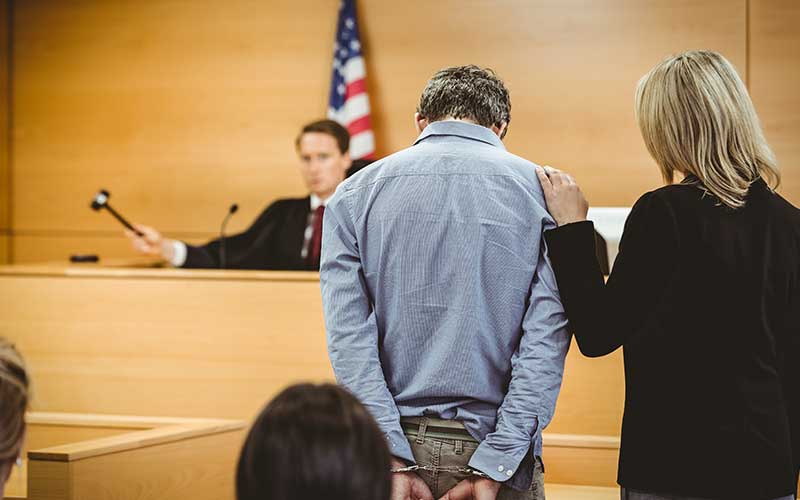Navigating Probate Dispute Solicitors: A Comprehensive Guide

Introduction
When the time comes to deal with the estate of a deceased loved one, emotions can run high and complex legal issues may arise. Probate is the legal process of administering a deceased person’s estate, ensuring that their assets are distributed according to their will or the law. In some cases, however, disputes may arise between beneficiaries, heirs, or other interested parties, leading to the involvement of probate dispute solicitors. In this article, we will delve into the world of probate dispute solicitors, exploring their role, the common issues they deal with, and how they can help resolve conflicts and ensure a fair distribution of assets.
Understanding Probate Dispute Solicitors
Probate dispute solicitors are legal professionals who specialize in handling disagreements and conflicts related to the probate process. Their expertise lies in navigating the intricate legal aspects of estate administration and representing clients in court if necessary. When disputes arise, they provide essential guidance and support to their clients, aiming to achieve a resolution that aligns with the deceased’s wishes or the applicable laws.
Common Probate Disputes
1. Will Contests
One of the most common reasons for probate disputes is a contested will. Will contests occur when one or more parties challenge the validity of the deceased’s will. The grounds for contesting a will may include lack of testamentary capacity, undue influence, fraud, or improper execution of the will.
2. Property Distribution Disputes
Disagreements over the distribution of specific assets can lead to probate Application. Beneficiaries may dispute the allocation of certain properties, heirlooms, or sentimental items, causing friction among family members.
3. Intestate Disputes
When someone passes away without a valid will, they are said to have died intestate. In such cases, the laws of intestacy govern how the estate should be distributed. Disputes may arise when multiple potential heirs claim entitlement to a share of the estate.
4. Executor and Trustee Disagreements
The executor or trustee, responsible for managing the estate’s affairs, may face challenges from beneficiaries or other interested parties. Disputes with executors or trustees can arise due to alleged mismanagement, conflicts of interest, or failure to carry out their duties appropriately.
5. Creditor Claims
Creditors may make claims against the deceased’s estate to recover outstanding debts. Disputes can occur if the legitimacy or priority of these claims is questioned.

How Probate Dispute Solicitors Can Help
Navigating probate disputes can be emotionally draining and legally complex. Probate dispute solicitors play a crucial role in assisting clients through this challenging process. Here’s how they can help:
1. Expert Legal Advice
Probate dispute solicitors provide expert legal advice and explain the rights and options available to their clients. They assess the strength of the case, identify potential challenges, and suggest the best course of action.
2. Alternative Dispute Resolution
In many cases, probate dispute solicitors aim to resolve conflicts amicably through alternative dispute resolution methods, such as mediation or negotiation. This approach can help preserve family relationships and save time and money compared to prolonged court battles.
3. Court Representation
If an amicable resolution cannot be reached, probate dispute solicitors are prepared to represent their clients in court. They present compelling arguments and evidence to support their clients’ positions, advocating for a fair and just outcome.
Conclusion
Dealing with probate disputes can be emotionally overwhelming, but seeking the assistance of experienced probate dispute solicitors can make a significant difference. Their expertise in probate law, negotiation skills, and courtroom representation can help parties navigate through complex legal challenges and find resolutions that respect the wishes of the deceased.






